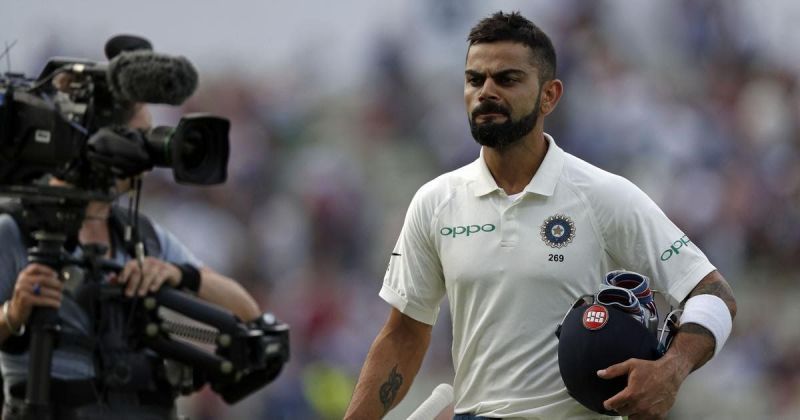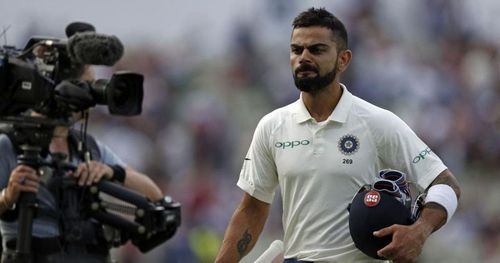
How over-reliance on a star player affects the team

So, why do some teams go into a slump? Each team has certain assets or people that deliver results, like fast bowlers for the West Indies in the 70s and 80s, or Virat Kohli who is doing the bulk of the scoring for the team in recent times. They are the star performers.
When they delivered, the team won. The team depends heavily on them. The West Indies took the fast bowlers for granted and did little to ensure their steady supply. Once the generation of Roberts, Holding, Marshall, Garner, Croft and the rest was gone, the West Indian team was a pale shadow of it's former self.
The likes of Ambrose, Walsh and Bishop kept the flag flying briefly but it was the dance of death rather than the sighting of dawn. The West Indies failed to build a supply chain when the going was good.
In one of the finest innings played on Indian soil, Tendulkar was battling away with a bad back against a strong Pakistan team at Chennai in 1999. He was eventually out 17 short of the target and India lost by 12 runs. Later in an interview, Wasim Akram, the captain of the Pakistan team, was asked about his thoughts during such a tense match. 'I knew that if we got Tendulkar out we would win the game even if only three were needed to win. I knew India would lose the game in the dressing room itself the moment he was out.'
An overwhelmingly big star can win games but is not always good for the development of others if they are not empowered. Overdependence on stars can also lull the rest of the team into underperformance. It is easy to believe that if you have a Tendulkar or a Kohli in your team it is their job to lead the team to victory as they do so often. Stars fade or retire, sometimes cruelly at one go, as did Lillee, Marsh, and Greg Chappell or later, Warner, McGrath, Gilchrist and Hayden. Tendulkar, Dravid, Ganguly and Kumble were also of the same vintage.
Teams must anticipate this inevitable development and prepare for succession well in time. Also, from time to time, it is a good idea to rest the stars and test the rest. This empowers the whole team and makes them believe that any one of them can take the team to victory, especially if the stars fail on a big day.
Royal Challengers Bangalore in the IPL depended on Virat Kohli to drive them home. Kohli assumed he had to win the game for his team but sadly, so did his teammates. In a crunch situation, there was only one man team could turn to, which of course was great news for the opposition.
Until everyone else on the team was empowered to win, which was a subsequent approach, Kohli scored more runs than anyone else in the league but Bangalore didn't win anything. Like Tendulkar and India, they had the best player in the world with them but it did little for the team as the trophy continued to elude them.
So, sometimes the exit of a star can have a hugely positive effect on team spirit. Seemingly ordinary players can step up and display qualities that weren't expected of them; collectively they can discover tremendous strength. This is something that star dependent teams should think about.